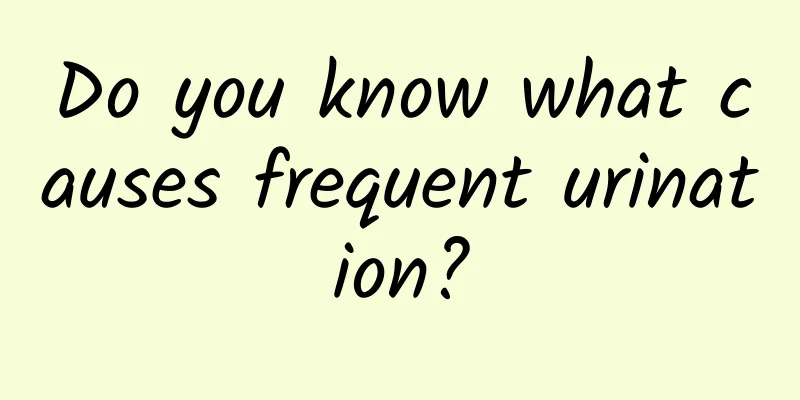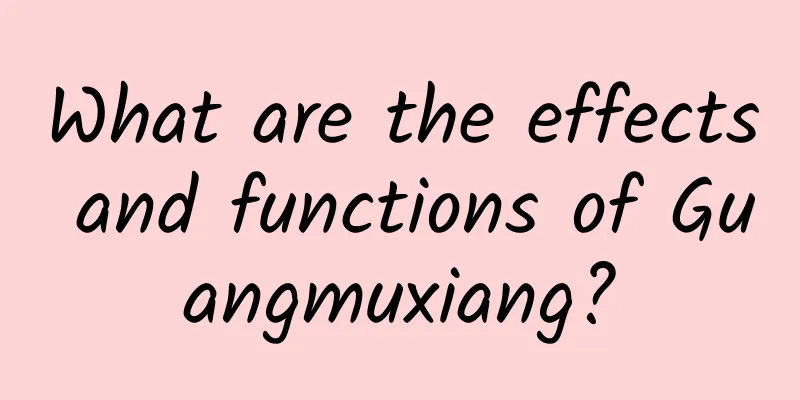Symptoms of depression

|
As people's work pressure continues to increase, many people are now beginning to suffer from depression. In real life, there are many people who commit suicide due to depression, so if you find that you have depression, you must seek timely treatment. Depression can be diagnosed through some symptoms, such as low mood, slow thinking, decreased willpower, cognitive impairment, sleep disorders, fatigue and other physical conditions, which are all manifestations of depression! 1. Depressed mood The main manifestations are significant and persistent low mood, depression and pessimism. In mild cases, people feel unhappy, have no sense of pleasure, and have a loss of interest. In severe cases, people feel extremely distressed, pessimistic and hopeless, and feel that each day is like a year worse than death. The depressed mood of typical patients has a rhythmic change from heavier in the morning to lighter at night. On the basis of depressed mood, patients will have lowered self-evaluation, and develop feelings of uselessness, hopelessness, helplessness and worthlessness, often accompanied by self-blame and guilt. In severe cases, they will have delusions of guilt and hypochondria, and some patients may experience hallucinations. 2. Slow thinking The patient's thinking and association are slow, his reaction is unsuccessful, his train of thought is blocked, and he feels that his "brain is like a rusty machine" and "his brain is like covered with a layer of paste." Clinically, active speech decreases, speech speed slows down significantly, voice becomes deep, and conversation becomes difficult. In severe cases, communication cannot proceed smoothly. 3. Decreased willpower The patient's volitional activity was significantly and persistently inhibited. The clinical manifestations are slow behavior, passive and lazy life, unwillingness to do things, unwillingness to contact and interact with people around, often sitting alone, or lying in bed all day, living alone with the door closed, alienating relatives and friends, and avoiding socializing. In severe cases, they even ignore physiological needs such as eating and drinking, as well as personal hygiene, and become unkempt and unkempt, and may even become speechless, motionless, and refusing to eat. This is called "depressive stupor," but upon careful psychiatric examination, the patient still reveals signs of pain and depression. Patients with anxiety may have symptoms such as restlessness, finger grasping, rubbing hands and feet, or pacing up and down. Severe patients often have negative suicidal ideas or behaviors. Negative and pessimistic thinking, self-blame and lack of self-confidence can give rise to thoughts of despair, such as thinking that "ending one's own life is a kind of relief" and "being a superfluous person in the world", and can cause suicide attempts to develop into suicide behaviors. This is the most dangerous symptom of depression and should be viewed with caution. 4. Impairment of cognitive function Studies have shown that patients with depression have impaired cognitive function. The main manifestations are decreased recent memory, attention disorder, prolonged reaction time, increased alertness, poor abstract thinking ability, learning difficulties, poor language fluency, decreased spatial perception, eye-hand coordination and thinking flexibility. Cognitive impairment leads to social dysfunction in patients and affects their long-term prognosis. 5. Physical symptoms The main symptoms include sleep disorders, fatigue, loss of appetite, weight loss, constipation, pain in any part of the body, loss of libido, impotence, amenorrhea, etc. Complaints of physical discomfort may involve various organs, such as nausea, vomiting, palpitations, chest tightness, sweating, etc. Symptoms of autonomic dysfunction are also common. Complaints of preexisting medical illness usually worsen. The main manifestation of sleep disorders is early awakening, generally 2 to 3 hours earlier than usual, and inability to fall asleep again after waking up, which is characteristic of depressive episodes. Some patients have difficulty falling asleep and shallow sleep; a few patients have excessive sleep. Weight loss is not necessarily proportional to loss of appetite. A small number of patients may experience increased appetite and weight gain. |
<<: The difference between a baby born by caesarean section and a baby born naturally
>>: Fluid that leaks from the penis after erection
Recommend
How to test for group b streptococcus
If bacteria grow on the human body, they cannot b...
What are the functions and effects of bone supplement?
Psoralea corylifolia is a common legume herb with...
What causes ankle blisters?
Many people are prone to athlete's foot becau...
What to do if the inside of your toenails turn black
The most common cause of blackening of the inside...
Dry throat and cough
Due to excessive sadness or dry weather, some sym...
The leucorrhea has been yellow for several years.
Some people don't go to the doctor when they ...
Why does the middle finger bone hurt?
Pain is a symptom, and bone pain is also a troubl...
How much do you know about foods that can relieve heat and relieve constipation?
The weather is hot in summer, and you will sweat ...
Why should I stay in bed for intrauterine hemorrhage?
Women must be highly vigilant about intrauterine ...
How many Codonopsis pilosula should be soaked in water?
There are many ways to eat Codonopsis pilosula. I...
What to do if your feet are smelly and itchy
Foot odor is a common condition in life, but peop...
Treatment of complicated febrile shock
I believe that many people do not know the cause ...
How to remove fat particles at the corners of the eyes?
Normally, the eyes are not prone to illness, but ...
Indurated acne
Acne, which is what we often call pimples. This d...
How to treat gout in the elderly? Chinese medicine strongly recommends diet therapy
If elderly people experience inexplicable swellin...









